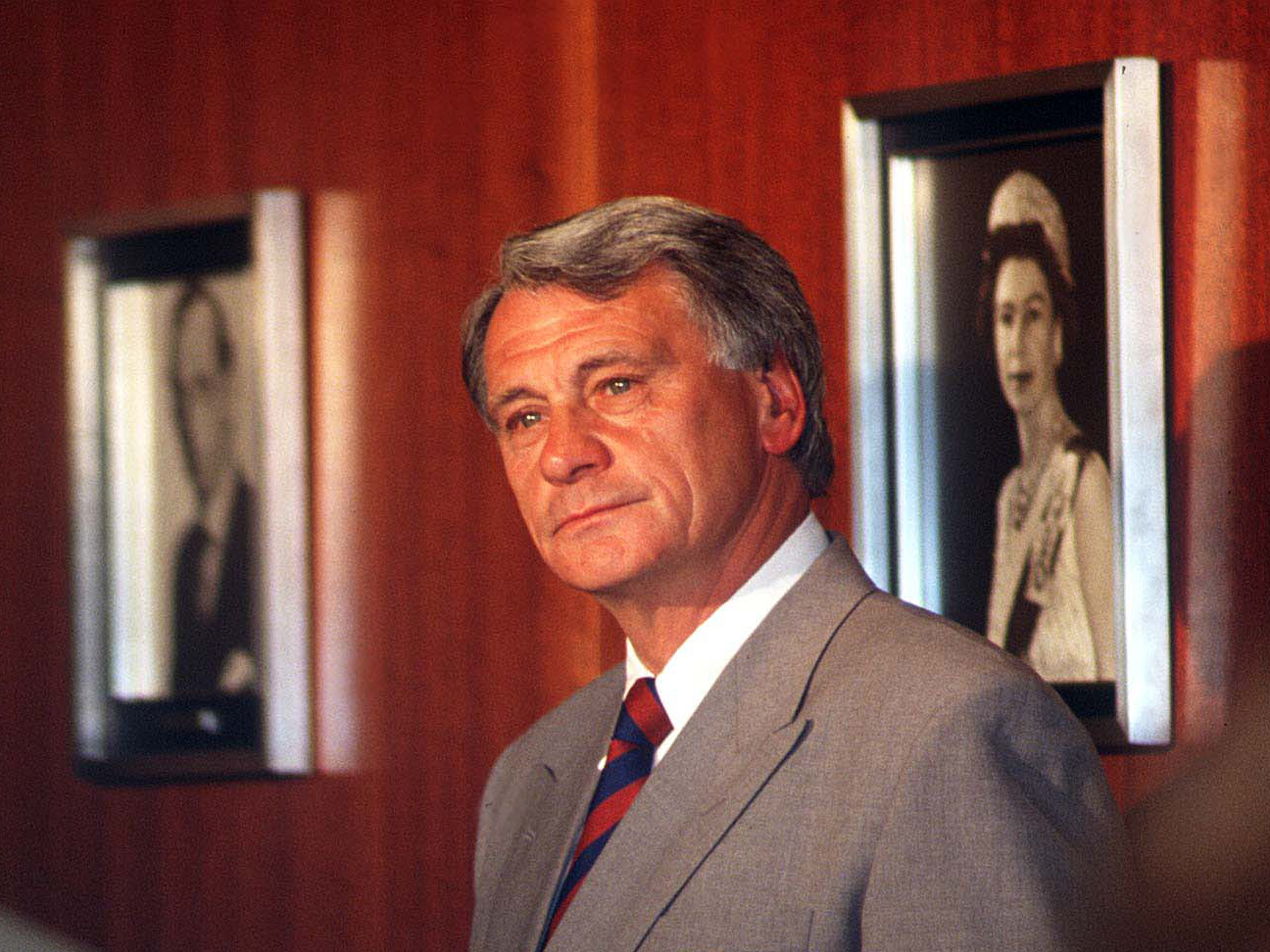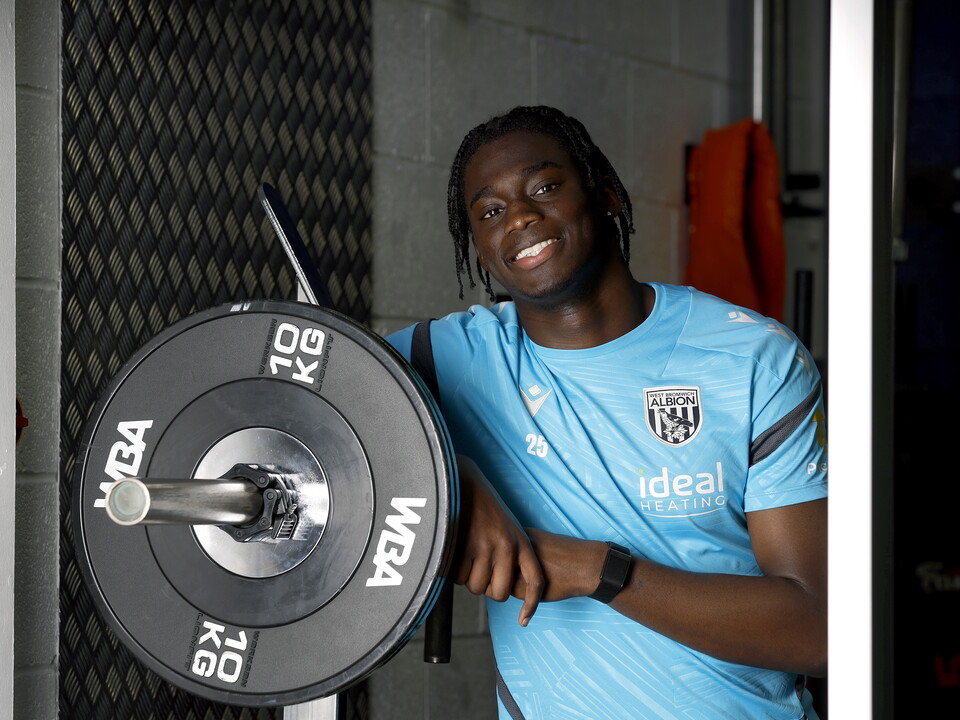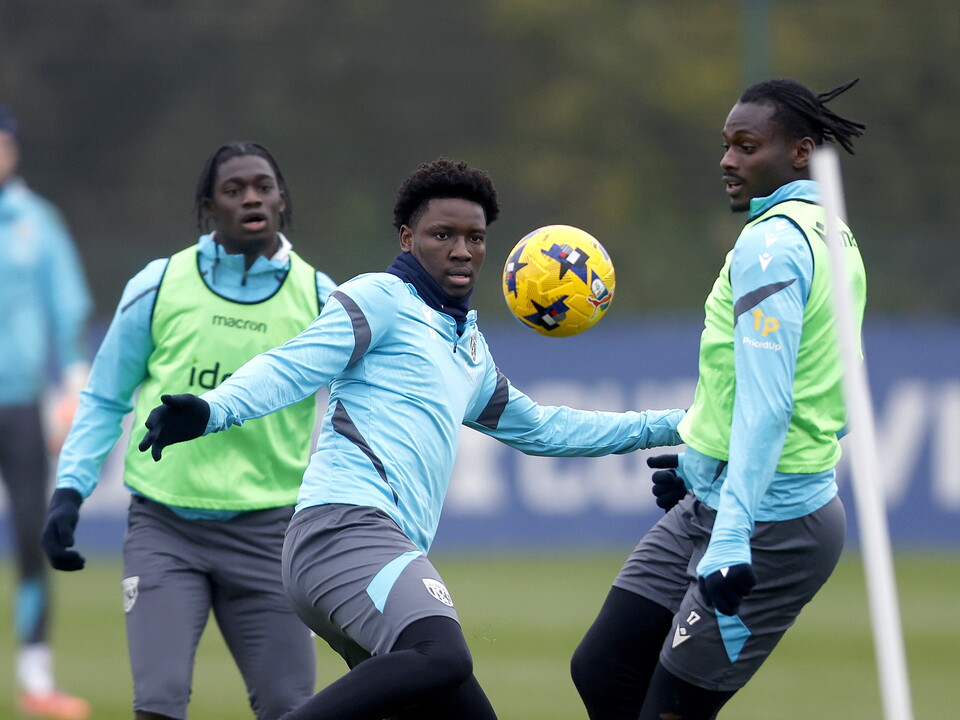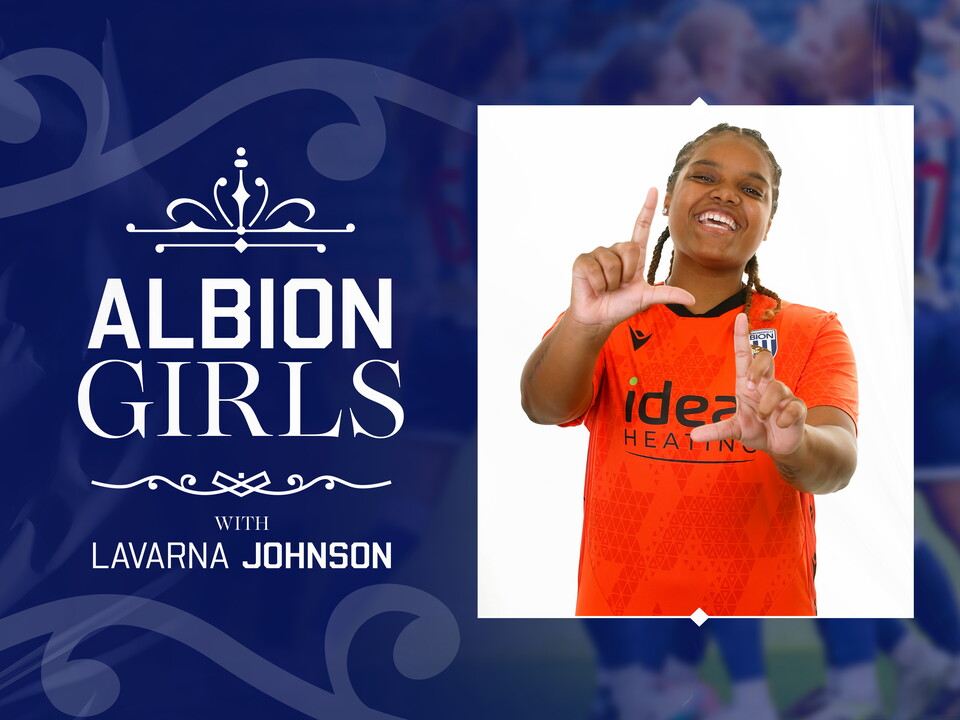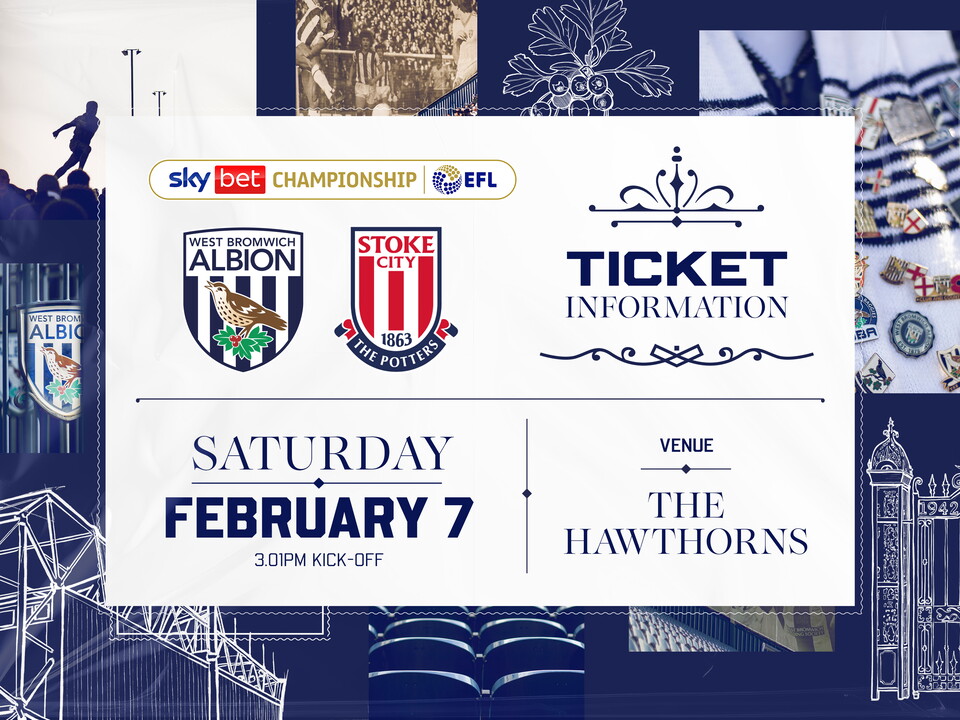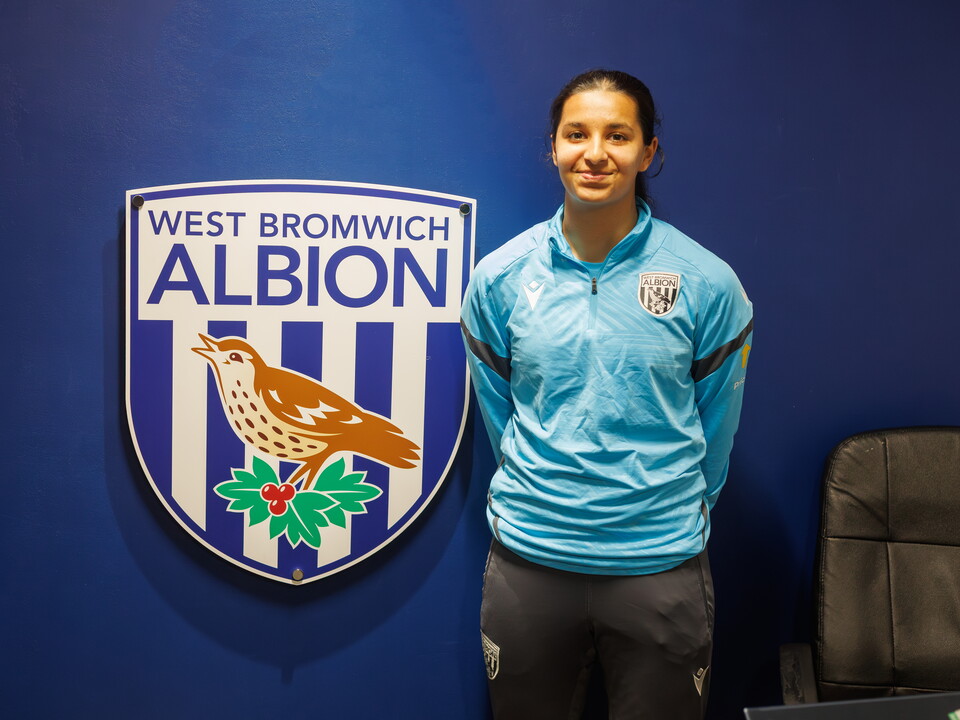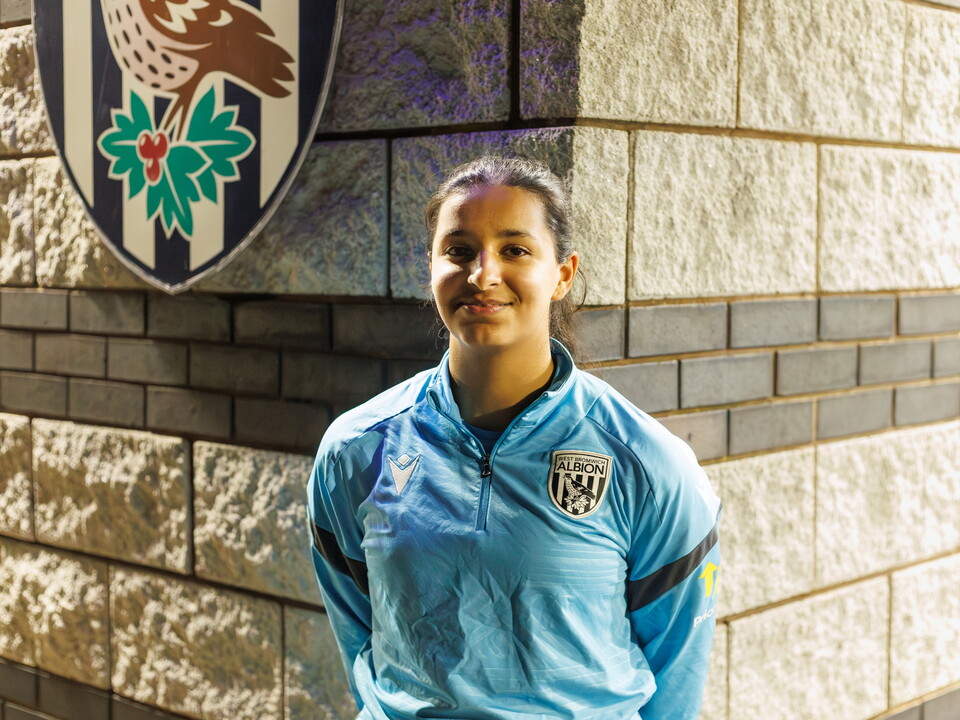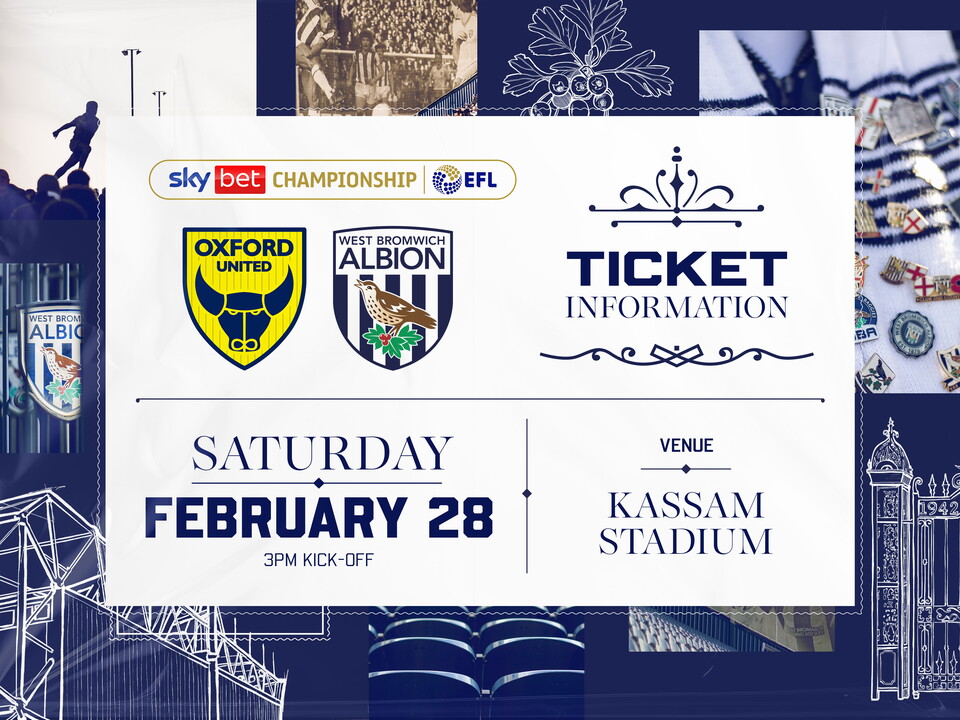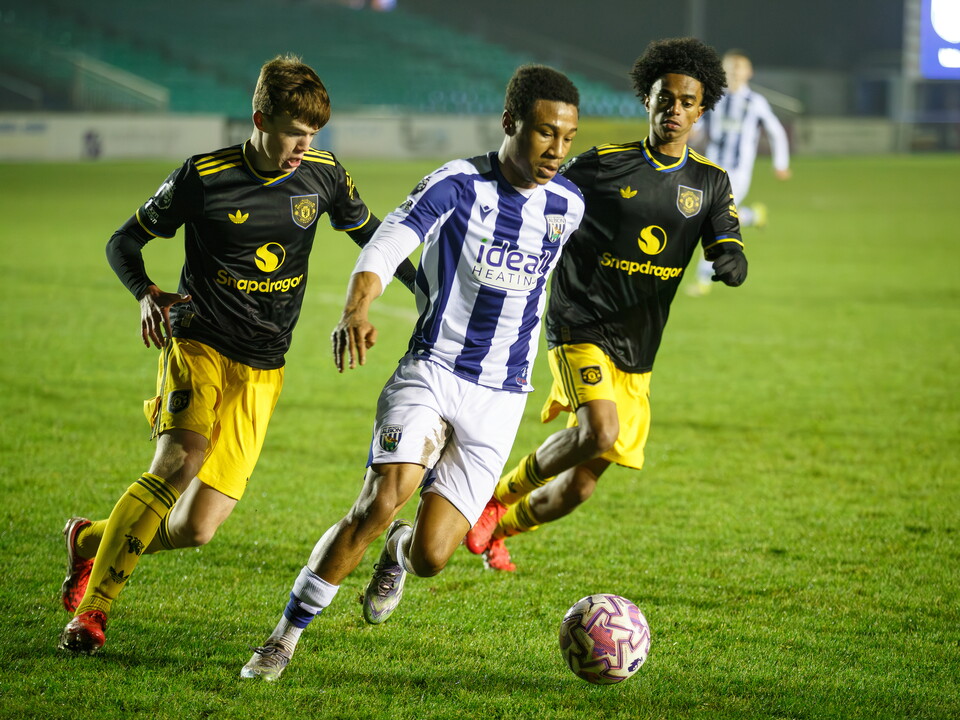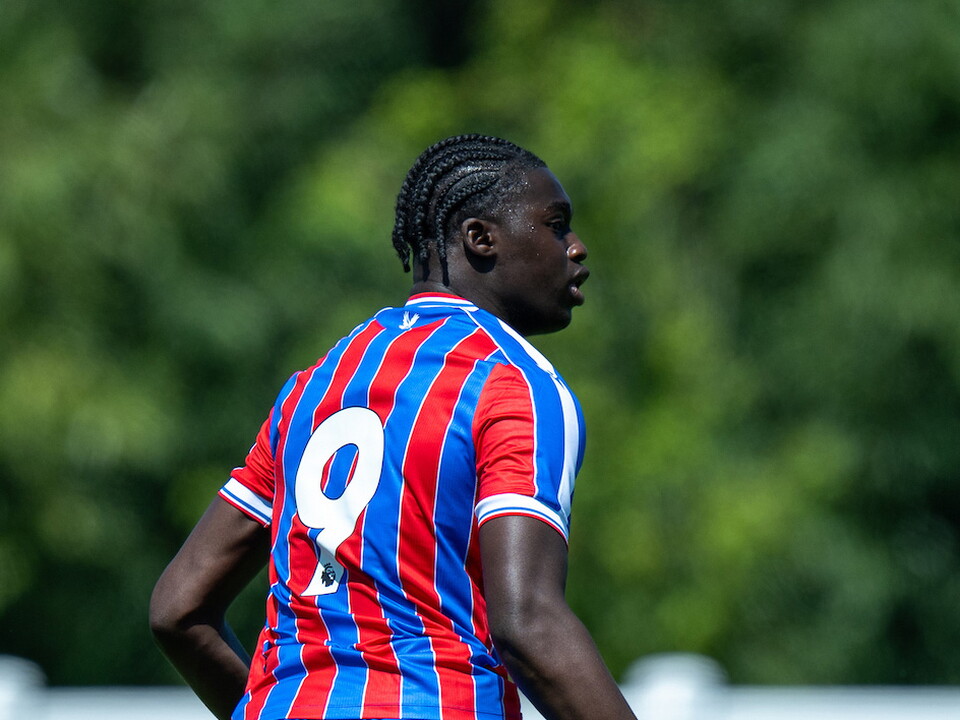Highly-respected West Bromwich Albion author and historian Dave Bowler pays tribute to Sir Bobby Robson, who would’ve celebrated his 90th birthday on Saturday, February 18...
Somewhere, in a parallel universe, the Albion were the team of the ‘70s. Not just 1978 and 1979, but the whole shooting match. It happened because in the summer of 1971, after sacking Alan Ashman as manager, rather than reaching for Don Howe’s phone number first, chairman Jim Gaunt got on the blower to another sublime Albion talent from the playing pitch of a decade earlier.
So it was that Bobby Robson was tempted away from Ipswich Town, returned to his beloved Albion, perhaps even installed his big mate Don as his assistant. From there, the silverware started to roll on in. Oh well…
As it is, Sir Bobby’s Albion career was limited to 257 outings and 61 goals on the pitch between 1956 and 1962. As we mark his 90th birthday today, we might recall that he was the first footballer that Albion deemed worthy of a £25,000 transfer fee, a shrewd investment by the club and manager Vic Buckingham for we had ourselves two players in one.
Robson first made his mark as inside-right, successor to Paddy Ryan from the celestial ‘team of the century’ of 1953/54, and then, testimony to Robson’s remarkable talent, he took the great Ray Barlow’s number six shirt. That is the very definition of a footballing career well lived. Well lived, if not well rewarded, as Robson ruefully recalled when I spoke to him in 2001.
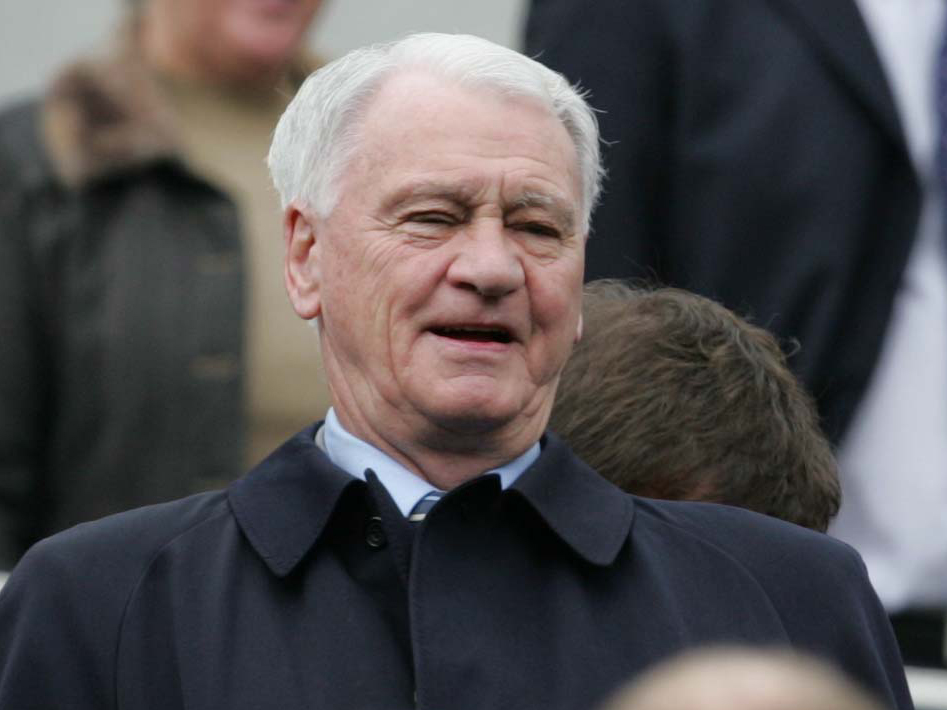
“I came here in 1956, I was a regular in that team with some great players, improved myself and got my England caps which was the dream. But these were the days of the maximum wage still. A regular England international and I’m getting £20 a week. I couldn’t earn any more than the worst full-back in the worst team in the Fourth Division!
“I had to work part time, trying to sell hot rolled and cold rolled steel strip. I’d come into the Albion in the morning, I’d do my training with the rest of the boys and then go off to work for three or four hours! I worked for an engineering company in the afternoons just to try and earn another five, six, seven pounds more a week because I had a wife and two kids.”
As he said, he won his England caps at The Hawthorns and it was here that he laid down the foundations that would ultimately make him England manager.
“Walter Winterbottom, the England manager when I played, he saw coaching material in me and Don Howe. He came and asked us what we wanted to do at the end of our careers and neither of us had thought about it. He wanted us to go to Lilleshall, get qualified and stay in the game.
“We did and qualified around 1960, 1961. Thick as thieves we were, coaching material, full badge, maybe we could have been a West Brom version of the boot room at Liverpool.”
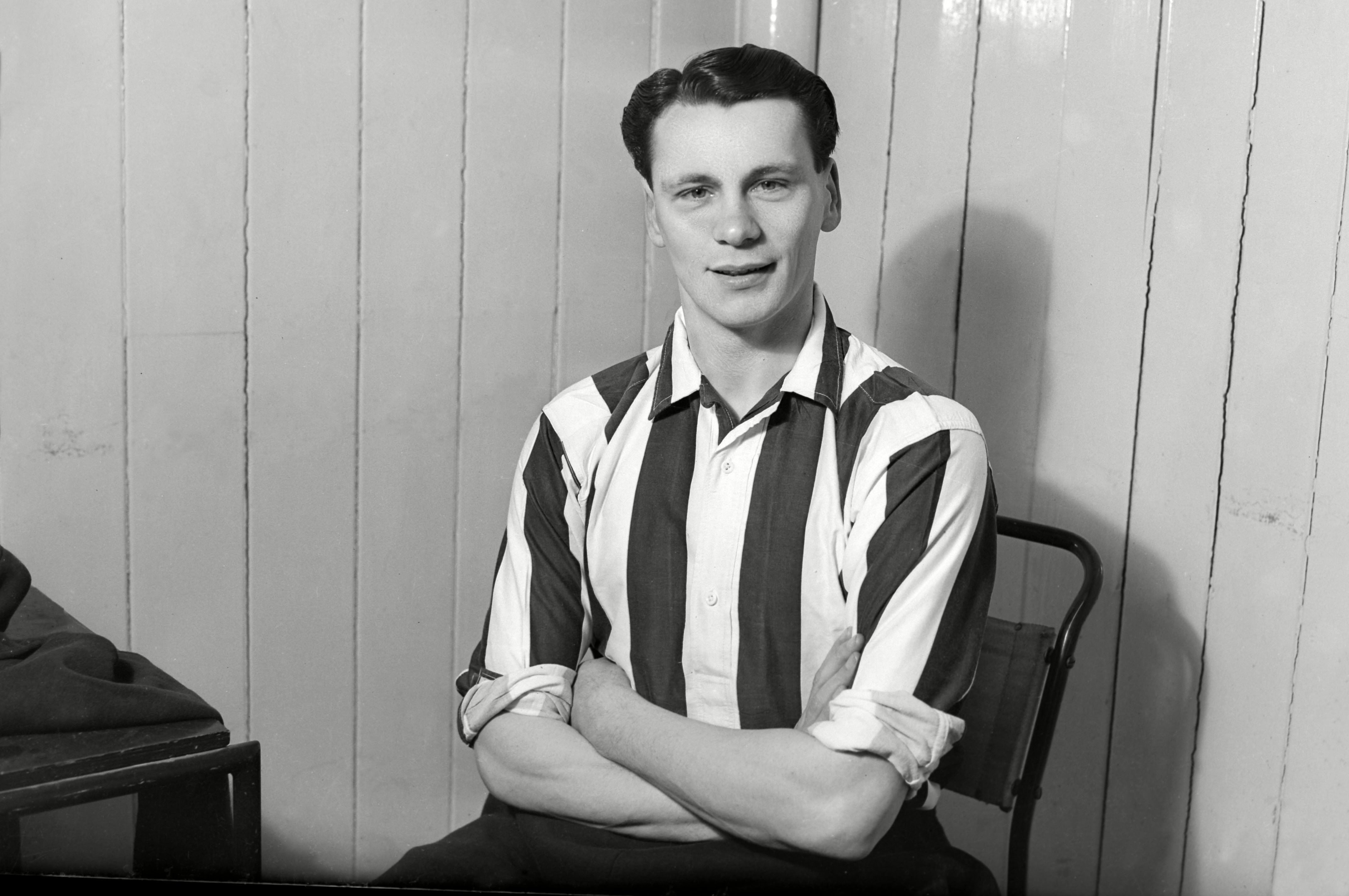
That wasn’t to be and Robson was on his way in 1962, back to Craven Cottage, from where we had taken him. But he always retained his affection for the club and for the area.
“I left and it was very sad, because I never wanted to go. I loved my time here, I had very good friends, I was very partial to the Black Country people, the Aynuck and Aylis! I like the people here and we got colossal gates, the local derbies were packed to the rafters, it was war! Whatever you do as a manager, nothing ever replaces playing the game, and I played the best football of my life at West Brom.”
Sir Bobby remained an enthusiast for the game to the last, but nobody can escape the ravages of time. Robson was no exception, but in what fashion did he rage glorious against the dying of the light! Knowing that finally, there would be no remission, no escape from the reaper, Sir Bobby did not meekly accept his fate.
Instead, he used his name and his reputation to the full, throwing it all behind the launch of the Sir Bobby Robson Foundation, a charity that focuses on the early detection and treatment of cancer and the clinical trials of new drugs that will eventually beat it. You can help by donating at http://sirbobbyrobsonfoundation.org.uk.
Sir Bobby taught us lessons on how to play the game. More important, he taught us how to cherish it, how to love it, nurture it, breathe with it, bleed for it. The things he stood for, for football, for tradition, history, for the escape the game brings, the feeling it engenders, the smiles it offers, the invisible umbilical chord that it stretches across generations, father to son, mother to daughter, these are the eternal verities of the game. That is some legacy.
